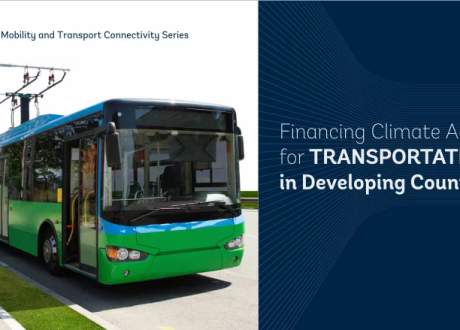
Egypt’s Abouleish among 100 Most Influential Africans 2024 in civil society
Egypt’s Helmy Abouleish, a prominent figure in the field of sustainable agriculture, particularly known for ...

A study – by the Potsdam Institute for Climate Impact Research (PIK) – suggests that pricing greenhouse gas-intensive foods could help meet climate targets for agriculture while generating over 8.2 billion Euros annually. If these funds were redistributed to households through a lump-sum compensation scheme, it would ease the financial burden on households, especially those with lower incomes and at the same time encourage sustainable consumption.
Agriculture accounts for 8 percent of all greenhouse gas (GHG) emissions in Germany. “However, emissions within this sector, could be reduced by 22.5 percent or over 15 million tons of GHG annually, if the social cost of carbon were reflected in food prices,” said Julian Schaper, guest scientist at PIK and lead author of the study. In the Federal Climate Change Act passed in 2019, the government set itself the goal of reducing annual emissions from the current 62 million tonnes to 56 Mt GHG by 2030.
The social cost of carbon is an estimate of the economic damages that would result from emitting one additional ton of carbon into the atmosphere in the future. Emission-intensive products such as meat and dairy would be most affected by such a climate fee of around 200 euros per ton GHG, while prices for more sustainable products would rise less: Yoghurt and milk would increase by about 25 cents per kilogram, while beef prices could rise by over 4 euros/kg.
Using a demand model that provides a detailed and representative picture of how German households respond to price changes, the researchers assessed the effects of GHG pricing on consumption and associated emissions. “Households would tend to buy more food that is less carbon-intensive on average, such as vegetables. A climate fee would not only directly benefit climate protection, but could also encourage sustainable consumption,” explains PIK scientist Max Franks, author of the study.
In the researchers’ model, the 8.2 billion euros generated by the climate fee are returned to consumers as a climate dividend, providing substantial relief to lower-income households, while wealthier households would bear slightly higher costs. “This form of redistribution helps to create a social balance that can promote the acceptance of such measures,” Franks continues.
Egypt’s Helmy Abouleish, a prominent figure in the field of sustainable agriculture, particularly known for ...
A study – by the Potsdam Institute for Climate Impact Research (PIK) – suggests that ...
Investing in resilient transport in low- and middle-income countries (LMICs) requires $417 billion annually between ...


اترك تعليقا